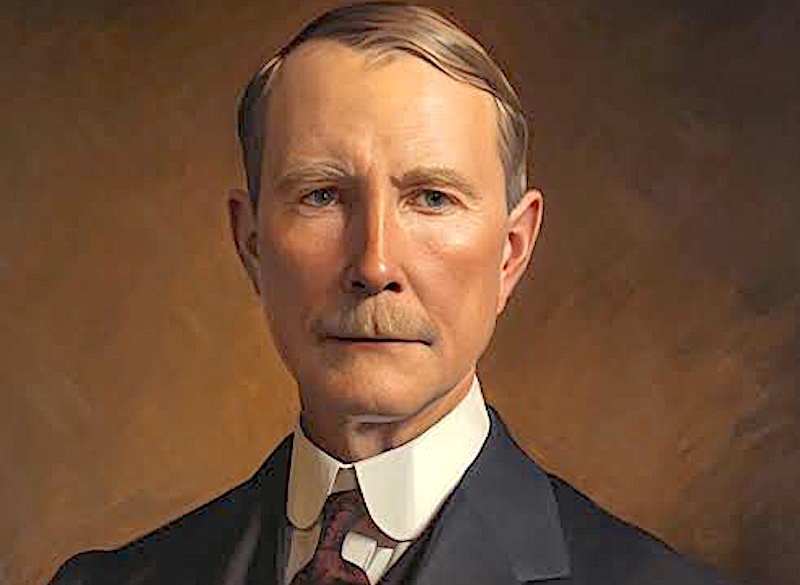Letter to the Editor: Progress often goes unnoticed, so let’s acknowledge setbacks, celebrate progress

As I spend time with friends and colleagues in my community, I often hear about the divides in our society and how many people — regardless of political ideology — seem to agree on one thing: things are “getting worse.”
There’s a persistent nostalgia for the so-called “good ole days,” a belief that if we could just turn back time, life would be better.
I know this perspective might make some readers bristle, but here’s a reality check. If you live in Quincy or the surrounding area, you are living the “dream” life.
John D. Rockefeller, one of the richest humans in history when adjusted for inflation, still suffered from hardships we barely think about today. When he had a toothache in the late 1800s, there were limited remedies, no matter how much money he had. If he wanted to cool his house during a sweltering summer, it simply wasn’t possible. Today, the majority of us have access to advanced medical care and climate control — luxuries that were unimaginable even to billionaires of his time — and at a cost accessible to ordinary people.
No matter what your challenges, billions of people around the globe would trade places with you in an instant. This isn’t to dismiss the real difficulties we face in our individual lives, but it’s crucial to recognize the broader context. As Morgan Housel aptly said, “Progress happens too slowly to notice, but setbacks happen too quickly to ignore.”
The narratives we tell ourselves often focus on setbacks because they are loud and immediate. For instance, a violent crime reported on social media — often sensationalized or even outdated — can dominate our perception of safety.
But the reality paints a different picture. According to Pew Research Center and the FBI, violent crime rates in the U.S. fell by 49 percent between 1993 and 2022. Robberies are down 74 percent, aggravated assaults 39 percent, and murders/nonnegligent manslaughters have decreased by 34 percent.
Globally, the story is similar. By almost every measurable standard, the world is getting better, not worse. Access to healthcare, literacy rates, life expectancy, clean water and reductions in extreme poverty — these metrics have all improved dramatically. Yet when you ask the average person, no matter their background, education, or political affiliation, many will say the world is on a downward spiral.
Does this mean everything is perfect? Of course not. There is always room for improvement. But we can’t dismiss the progress we’ve made or succumb to the belief that everything is falling apart. Constructive criticism of institutions and processes is vital, but it’s only productive if accompanied by a plan for meaningful improvement.
Before we can even make those improvements, we must agree on the baseline. If we can’t objectively assess where we are starting from, we’ll never move forward effectively.
Let’s acknowledge the setbacks but also celebrate the progress. It’s not just about living the “good ole days.” It’s about building on the solid foundation of today for a better tomorrow.
Michael Miller
Director, Operations
GatesAir
Quincy, Illinois
Miss Clipping Out Stories to Save for Later?
Click the Purchase Story button below to order a print of this story. We will print it for you on matte photo paper to keep forever.

